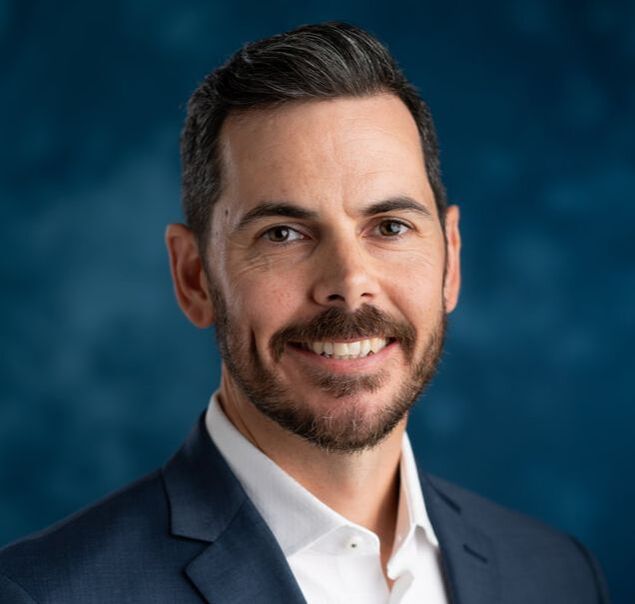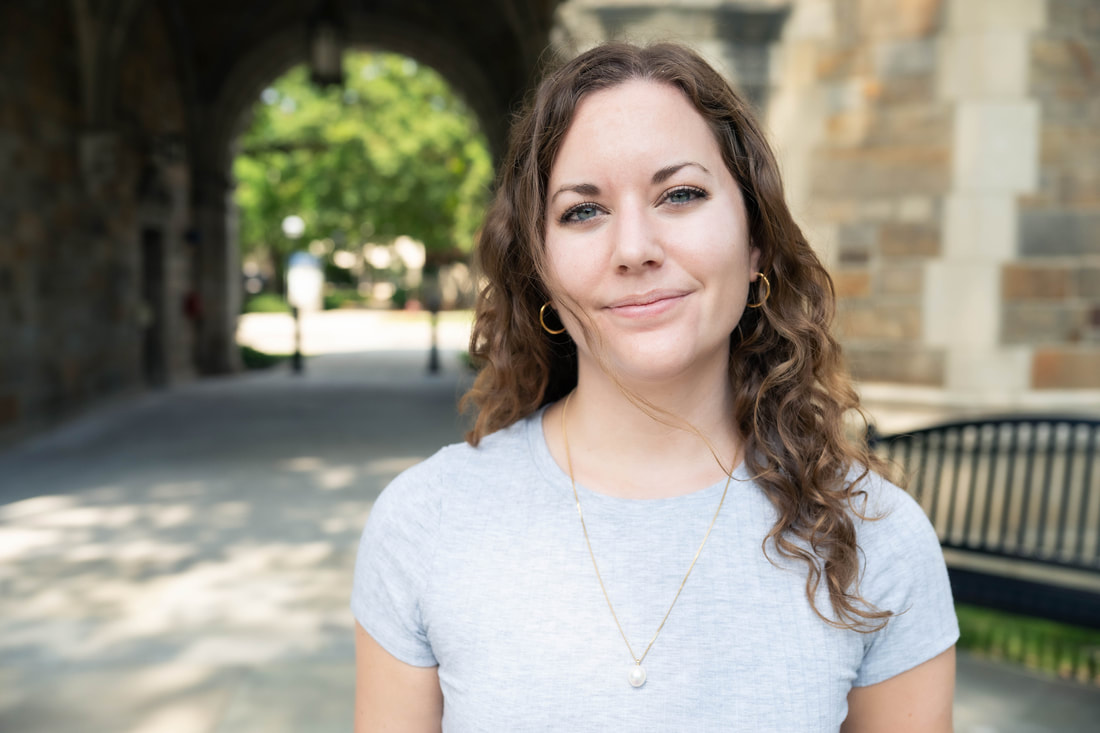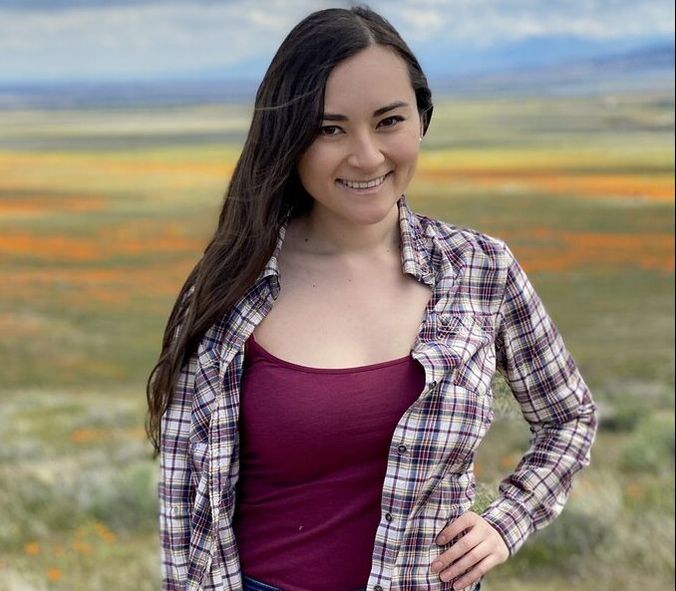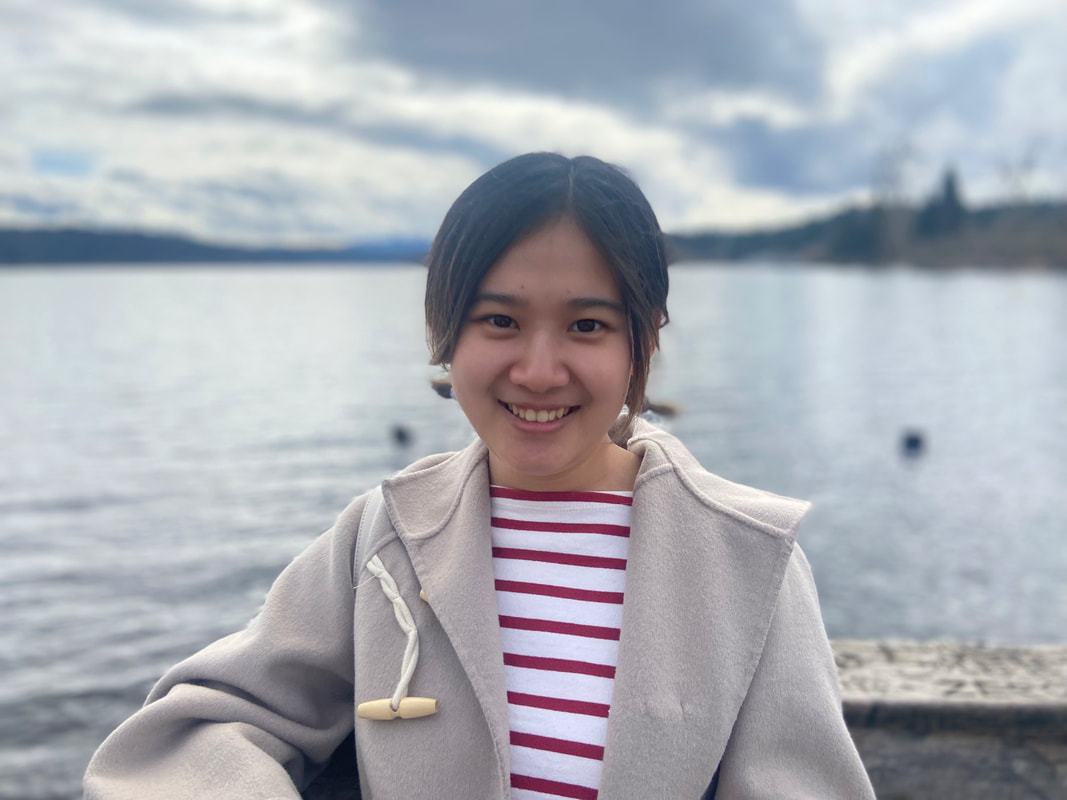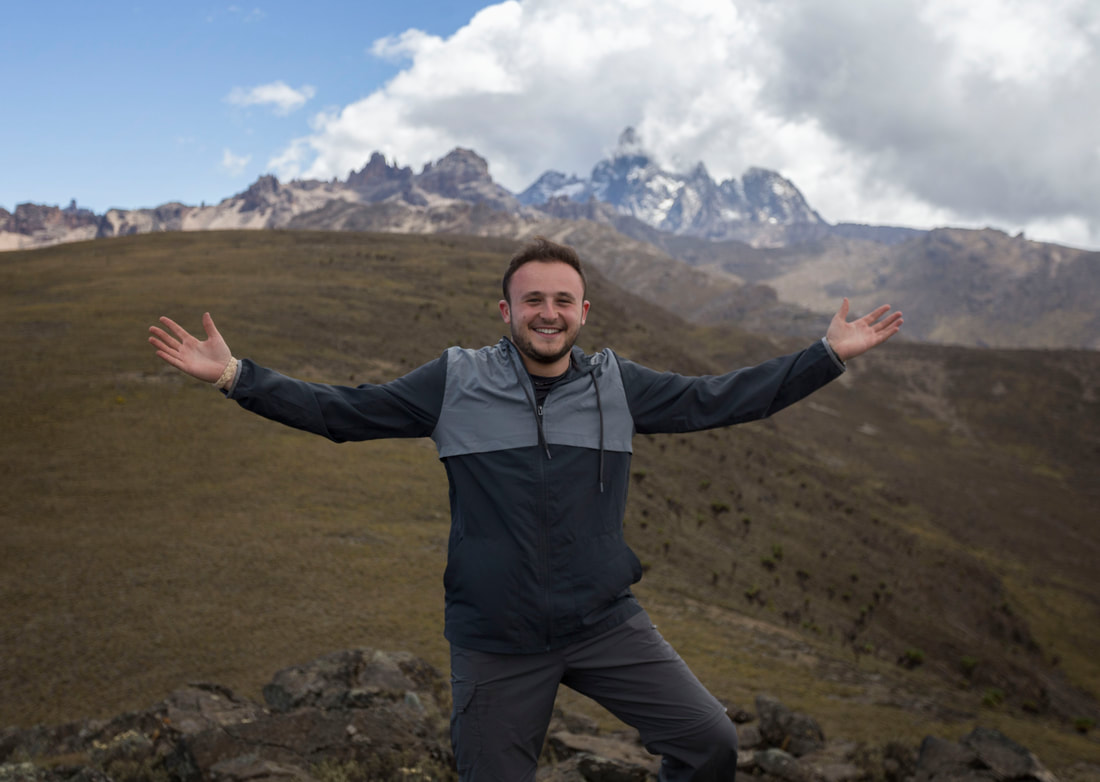|
Dr. Neil H. Carter, Associate Professor, PI of Conservation & Coexistence Group
My research is highly interdisciplinary and utilizes field-based, quantitative, and conceptual approaches to understand complex feedbacks among people, wildlife, and ecosystems. I strive to conduct actionable research that advances science and informs decision makers on ways to conserve biodiversity while also sustain (and improve) human well-being. Research interests include: Complexity of socio-environmental systems, sustainability science, wildlife ecology, landscape ecology, conservation ecology, and human dimensions of wildlife management. E-mail: [email protected] Education: Postdoctoral Fellow – National Socio-Environmental Synthesis Center (2013 - 2015) Ph.D., Fisheries & Wildlife; Michigan State University (2013) M.S., Terrestrial Ecology; University of Michigan (2007) B.S., Ecology, Behavior, and Evolution; University of California, San Diego (2003) |
Current Conservation & Coexistence Group Members
|
Deqiang Ma, PhD
Postdoctoral Research Fellow I am a conservation scientist working on quantitative decision analysis for conservation of biodiversity and ecosystem services under human pressures and climate change. My research uses GIS, remote sensing, ecological and statistical modelling to explore impacts of human activities on biodiversity and ecosystem services for better informing conservation policies. My current project aims to investigate the ecological mechanisms by which climate change alters patterns and outcomes of human–wildlife interactions. E-mail: [email protected] Education: Ph.D., Environmental Management; The University of Queensland (2022) |
|
Kirby Mills (she/her), PhD
Postdoctoral Research Fellow I am a wildlife ecologist and conservation scientist with a focus on using fundamental concepts in ecology to address complex wildlife conservation issues. My primary academic interests lie in predator-prey interactions, competition, and trophic ecology of large carnivores. Through this lens, I ask research questions related to human-wildlife conflict and large carnivore behavioral responses to anthropogenic disturbance and global change. My current work explores how large mammals in the American West change their behaviors in response to the dynamic impacts of wildfires. In my previous work, I have also focused on African carnivores, primarily the African lion, and their sensitivity to human impacts as well as the drivers of livestock depredation. Education: Ph. D. – Ecology and Evolutionary Biology, University of Michigan (2023) M.S. – Conservation Ecology, University of Michigan (2019) B.S. – Environmental Sustainability, University of Oklahoma (2017) |
|
Amy Zuckerwise, PhD Candidate
Resource Ecology & Management I am a wildlife scientist interested in the ecology and conservation of felids within socio-ecological systems. My dissertation focuses on the impacts of road development on Bengal tigers in the Terai Arc Landscape of Nepal. I plan to utilize research methods from both ecology and social science, from satellite tracking of tiger movement and spatial modeling to participatory study design and holistic system analysis. My research aims to contribute strategies to mitigate the impacts of development on wildlife as well as promote the role of indigenous and local partnerships in effective and equitable conservation. Email: [email protected] Education: Master of Environmental Science; Yale University (2020) B.S., Biology; Stanford University (2015) |
|
Anna Yue Yu (she/her), PhD Student
Resource Ecology & Management My goal as a conservation researcher is to take interdisciplinary, solution-based approaches to inform human-wildlife coexistence on complex, shared landscapes. My dissertation research will focus on the conservation of large predators, particularly the snow leopards, in the Sanjiangyuan region of China. I seek to utilize methods from wildlife ecology, social sciences, and geospatial modeling to investigate community-based conservation practices, and contribute to the broader discussion on sustainable and equitable human-nature relationships through the lens of the unique socio-ecological system on the Tibetan Plateau. Email: [email protected] Education: M.E.M., Ecosystem Management and Conservation; Yale University (2022) B.A., Environmental Computation; Colby College (2019) |
|
Jason Hagani, PhD Student
Resource Ecology & Management I am a spatial ecologist whose work focuses on the intersection between animal movements and anthropogenic activity. I employ remote sensing, statistical modeling, and field-based methods to better understand the mechanisms driving these human-wildlife interactions. My dissertation research will broadly focus on the effects of wildfire on the movements of wildlife – particularly gray wolves – in the Upper Peninsula in collaboration with the Sault Ste. Marie Tribe of Chippewa Indians. I aim to use an interdisciplinary approach to examine complex conservation issues, combining social and ecological sciences to promote coexistence between people and animals. Email: [email protected] Education: M.A. Ecology, Evolution, and Conservation Biology; Columbia University (2021) B.A. Earth and Environmental Sciences; Columbia University (2019) |
|
Carly Thompson, MSc Student
Ecosystem Science and Management I am a wildlife biologist interested in endangered species conservation, and ecosystem management. I am working in collaboration with California Fish and Wildlife to conduct analysis on conflict patterns between humans and coyotes and bobcats throughout the state of California. My master’s thesis aims to analyze socio-economic and ecological drivers of conflict between these mesopredators and humans with the goal of providing insight that helps wildlife agencies prioritize conservation action and programmatic work. Email: [email protected] Education: B.A., Political Science and French; UC Davis |
|
Vatsal Parikh (he/him), MSc Student
Geospatial Data Science & Ecosystem Science and Management I am interested in leveraging geospatial methods to study how social and environmental factors influence ecological fragmentation and species distribution. My thesis research will conduct spatio-temporal analysis of human-leopard conflict records collected by the Himachal Pradesh Forest Department. This project aims to leverage species distribution modeling to evaluate risk of conflict by considering land cover changes, social factors, and infrastructure development. Email: [email protected] Education: B.S. Psychology, Computer Science; University of North Carolina at Chapel Hill (2019) |
Graduates
2024 - Fang Chen, MS in Environment and Sustainability (UM SEAS)
Impact of injuries caused by snare traps on the space use of endangered Asiatic black bears in Taiwan
2024 - Adrienne Calistri-Yeh, MS in Environment and Sustainability (UM SEAS)
Impact of human activity on large mammal spatial ecology in Homer, Alaska
2023 - Kirby Mills, PhD in Ecology and Evolutionary Biology (UM EEB)
Apex predators in the Anthropocene: African large carnivore ecology at the human-wildlife interface
2023 - Tara Easter, PhD in Resource Ecology & Management (UM SEAS)
Social and policy dimensions of freshwater turtle trade in the US
2023 - Ella Hartshorn, MS in Environment and Sustainability (UM SEAS)
A critical assessment of conservation outcomes in indigenous peoples’ lands and protected areas
2023 - Madeline Standen, MS in Environment and Sustainability (UM SEAS)
When and where will I find my next meal?: Quantifying the effects of spatiotemporal forage predictability on ungulate movement behaviors in two disparate ecosystems
2022 - Rachel Darling, MS in Ecosystem Science and Management (UM SEAS)
Assessing the relationship between anthropogenic night light, noise, and avian provisioning of ecosystem services
2022 - Ethan Hiltner, MS in Geospatial Data Science (UM SEAS)
Changing snow conditions and shifts in American Marten (Martes americana) occurrence in Michigan's Upper Peninsula
2022 - Kaitlyn Frank, MS in Geospatial Data Science (UM SEAS)
Landscape predictors of mule deer road crossing behavior in the American Southwest
2021 - Alexander Killion, PhD in Resource Ecology & Management (UM SEAS)
Coexisting with wildlife in shared landscapes: an interdisciplinary assessment to inform conservation
2021 - Edward Leal Trout, MS in Biology (Boise State)
Corridors for coexistence: evaluating spatiotemporal impacts of livestock on wildlife community dynamics
2020 - Natalie Madden, MS in Conservation Ecology (UM SEAS)
How traits affect bird responses to anthropogenic noise - a meta-analysis
2019 - Abigail Sage, MS in Biology (Boise State)
Integrating social dimensions into spatial connectivity planning for grizzly bears
2018 - Tara Easter, MS in Biology (Boise State)
Quantifying mammalian interactions and distributions to inform conservation planning in Mozambique
Impact of injuries caused by snare traps on the space use of endangered Asiatic black bears in Taiwan
2024 - Adrienne Calistri-Yeh, MS in Environment and Sustainability (UM SEAS)
Impact of human activity on large mammal spatial ecology in Homer, Alaska
2023 - Kirby Mills, PhD in Ecology and Evolutionary Biology (UM EEB)
Apex predators in the Anthropocene: African large carnivore ecology at the human-wildlife interface
2023 - Tara Easter, PhD in Resource Ecology & Management (UM SEAS)
Social and policy dimensions of freshwater turtle trade in the US
2023 - Ella Hartshorn, MS in Environment and Sustainability (UM SEAS)
A critical assessment of conservation outcomes in indigenous peoples’ lands and protected areas
2023 - Madeline Standen, MS in Environment and Sustainability (UM SEAS)
When and where will I find my next meal?: Quantifying the effects of spatiotemporal forage predictability on ungulate movement behaviors in two disparate ecosystems
2022 - Rachel Darling, MS in Ecosystem Science and Management (UM SEAS)
Assessing the relationship between anthropogenic night light, noise, and avian provisioning of ecosystem services
2022 - Ethan Hiltner, MS in Geospatial Data Science (UM SEAS)
Changing snow conditions and shifts in American Marten (Martes americana) occurrence in Michigan's Upper Peninsula
2022 - Kaitlyn Frank, MS in Geospatial Data Science (UM SEAS)
Landscape predictors of mule deer road crossing behavior in the American Southwest
2021 - Alexander Killion, PhD in Resource Ecology & Management (UM SEAS)
Coexisting with wildlife in shared landscapes: an interdisciplinary assessment to inform conservation
2021 - Edward Leal Trout, MS in Biology (Boise State)
Corridors for coexistence: evaluating spatiotemporal impacts of livestock on wildlife community dynamics
2020 - Natalie Madden, MS in Conservation Ecology (UM SEAS)
How traits affect bird responses to anthropogenic noise - a meta-analysis
2019 - Abigail Sage, MS in Biology (Boise State)
Integrating social dimensions into spatial connectivity planning for grizzly bears
2018 - Tara Easter, MS in Biology (Boise State)
Quantifying mammalian interactions and distributions to inform conservation planning in Mozambique
Former Group Members
Dr. Martin Leclerc, Postdoctoral Researcher, UM-SEAS (2022-2023)
Dr. Leandra Merz, Postdoctoral Researcher, UM-SEAS (2022-2023)
Dr. Evan Wilson, Postdoctoral Researcher, UM-SEAS (2021-2023)
Dr. Mark Ditmer, Postdoctoral Researcher, UM-SEAS (2018-2020)
Dr. Michael J Poulos, Postdoctoral Researcher, Boise State (2016-2017)
Dr. Rose Graves, Postdoctoral Researcher, Boise State (2017-2018)
Udaya Jayawardhana, MSc, Research Assistant, Boise State (2016-2018)
Sarah Coose, B.S. Student, Research Assistant, Boise State (2019)
Jessica Mueller, B.S. Student, Research Assistant, Boise State (2018)
Anna Roser, Postbaccalaureate Student, Research Assistant, Boise State (2018)
Javier Luna, B.A. Student, Research Assistant, Boise State (2017)
Julie Ramirez, B.S. Student, Research Assistant, Boise State (2017-2019)
Dr. Leandra Merz, Postdoctoral Researcher, UM-SEAS (2022-2023)
Dr. Evan Wilson, Postdoctoral Researcher, UM-SEAS (2021-2023)
Dr. Mark Ditmer, Postdoctoral Researcher, UM-SEAS (2018-2020)
Dr. Michael J Poulos, Postdoctoral Researcher, Boise State (2016-2017)
Dr. Rose Graves, Postdoctoral Researcher, Boise State (2017-2018)
Udaya Jayawardhana, MSc, Research Assistant, Boise State (2016-2018)
Sarah Coose, B.S. Student, Research Assistant, Boise State (2019)
Jessica Mueller, B.S. Student, Research Assistant, Boise State (2018)
Anna Roser, Postbaccalaureate Student, Research Assistant, Boise State (2018)
Javier Luna, B.A. Student, Research Assistant, Boise State (2017)
Julie Ramirez, B.S. Student, Research Assistant, Boise State (2017-2019)

